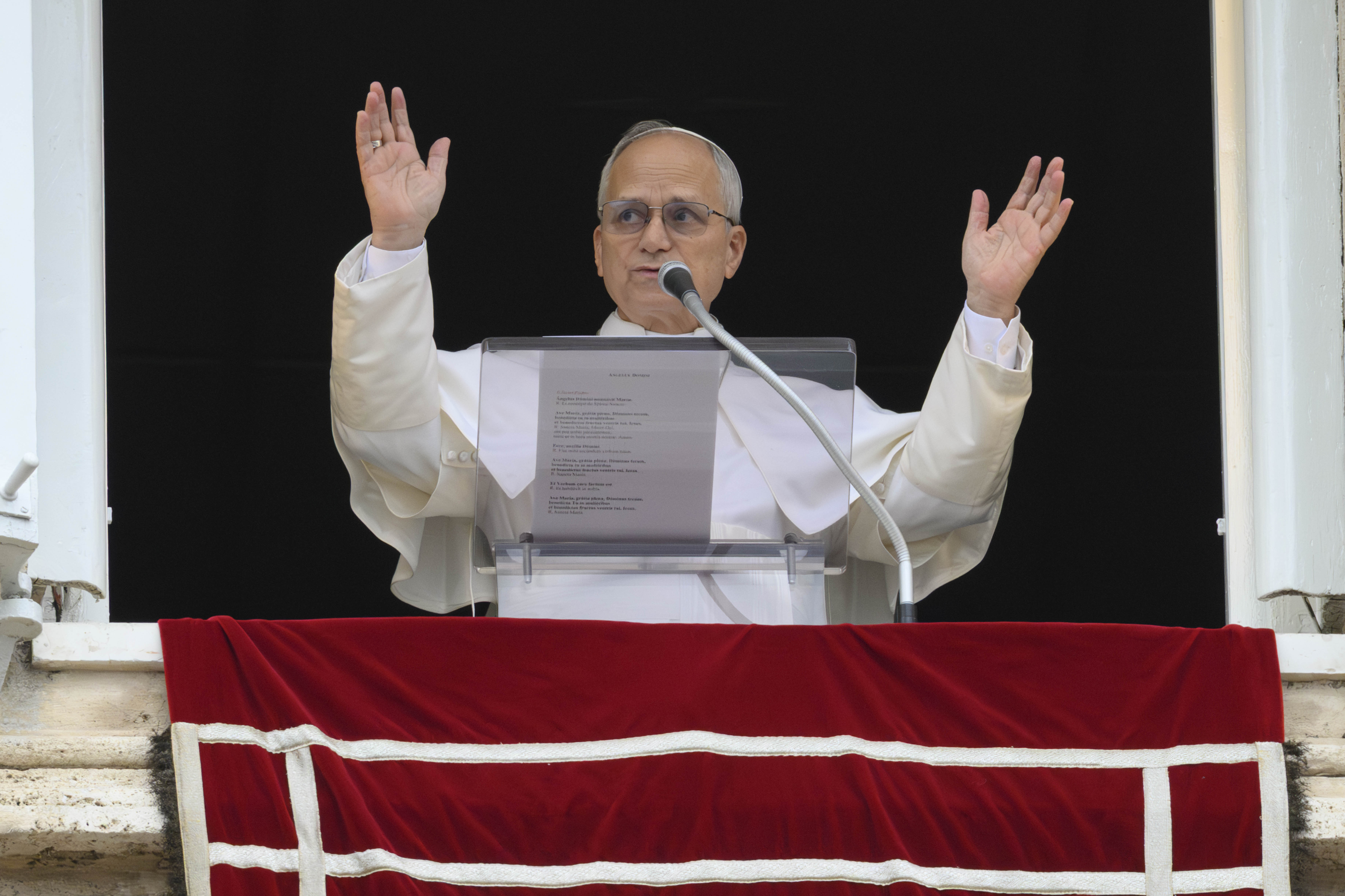How a failed Italian bank merger exposed the EU’s struggle to enforce its economic vision
Italy’s recent crackdown on a major banking merger has exposed a growing protectionist backlash over the EU’s efforts to unify Europe’s financial system.
UniCredit’s failed bid last week for Banco BPM, derailed by Rome despite Brussels’ objections, has laid bare the European Commission’s struggle to enforce its vision of a unified economic and banking market across a bloc increasingly swayed by national interests.
In an unexpected move, the hard-driving Milanese lender gave up on its controversial bid to take over crosstown rival Banco BPM last Tuesday, citing stringent government conditions that would have made the move unprofitable.
Heavy-handed state intervention and open defiance of the EU’s efforts to encourage bloc-wide banking consolidation — it had all seemed to provide the perfect opportunity for the EU to flex some institutional muscle.
And yet, at the final hurdle, national sentiments won out.
For all the EU’s legal objections, Italian officials maintained their opposition to UniCredit’s bid, arguing that a takeover of the bank by a bigger, more international rival would undermine its role as a supplier of credit in Lombardy, a major base of government support.
Privately, they went one further: They argued that the EU had no right to meddle with the strategic priorities of national capitals, and was invoking outdated concepts to punish countries for pursuing protectionist policies.
“The huge bureaucracy in Brussels is still working within a framework that was maybe applicable 20 years ago — that world where free market liberalism was the zeitgeist,” said one well-informed European official.
As a consequence, the official added, “The EU is failing to protect national interests, and national capitals are stepping in.”
Protectionism vs. nationalism
The protectionist win came as the EU seeks to hasten the unification of the bloc’s banking and capital markets under a broader “competitiveness” drive intended to present a united front against the U.S.
But time and again, this push is coming up against the hard reality of national interests, with member countries unable to take the EU’s decrees seriously.
In this case, the Commission’s main failure was acting too slowly. In May, the Italian government said it would block Unicredit’s bid unless it hastened the wind-down of its sprawling Russia business and maintained the same lending levels at the combined entity for the first five years.

But the Commission waited a full two months before finally issuing its letter of objection, accusing Rome of violating EU treaties and disrupting the free movement of capital just days before UniCredit’s bid was set to expire on July 23.
Progress was slowed in part by the requirement that the Commission act only with approval from the at-times fractious 27-strong college of European commissioners. Italy’s own securities regulator Consob was also riven by divisions, with a group of UniCredit sympathizers led by Consob chief Paolo Savona facing off against Italian Prime Minister Giorgia Meloni appointees over whether to extend the deadline for UniCredit’s BPM bid, two people familiar with the matter told POLITICO.
But more important was the conspicuous lack of deference from Meloni. According to two people familiar with the Italian government’s thinking, even after the Commission’s objection, Rome was set to reimpose the conditions on UniCredit with only minor tweaks in the wake of an Italian court ruling that had largely supported its stance — hinting at a willingness to simply shrug off the EU’s diktats. In the end, UniCredit withdrew its bid just before the deadline.
A similar showdown had taken place in Spain earlier this year, with Prime Minister Pedro Sánchez’s partial obstruction of national lender BBVA’s move on the Catalan lender Sabadell to preserve support in Catalonia, a vital political constituency. Berlin, meanwhile, is also gearing up for a confrontation with UniCredit, which is seeking to take control of national champion Commerzbank.
On the one hand, this all reflects tension between the EU’s efforts to promote the creation of homegrown global banking heavyweights and the immediate national priorities of governments.
In Italy, for instance, the events were cast as an epochal struggle between free-market liberalism and resurgent protectionism, with the international, profit-hungry UniCredit — dubbed the banca apolide, or the “stateless bank” — cast as an embodiment of the increasing “financialization” of Italian banks that would occur under the EU’s competitiveness drive.
Officials griped that top-down calls to create banking behemoths were in conflict with the EU’s own slow pace in agreeing on policies — such as deposit insurance schemes and banking backstops — that would protect member states from the risks of cross-border monopolies.
“There is a growing disconnect between the rhetoric often heard at EU level … and the choices made by some member states when concrete merger operations are on the table,” said Judith Arnal, a senior research fellow at the Brussels-based CEPS think tank.
One Italian treasury official pointed to the irony that the Commission was itself pushing a protectionist agenda — with its renewed fixation on muscular bloc-wide industrial policy to preserve “strategic autonomy” — while rebuking protectionism at the national level, showing scant respect for the “sovereigntist” principles on which its own president, Ursula von der Leyen, cruised to her second term in office.
Contacted by POLITICO, the Commission didn’t rule out continuing its probes into Rome’s conduct, but it’s clear the optimal moment to strike has now passed.
For now, protectionism — of the local variety — has won out over the EU’s sweeping, and deeply contradictory, vision.
Francesca Micheletti contributed to this report.




















:quality(85):upscale()/2023/09/18/918/n/1922398/a1136b676508baddc752f5.20098216_.jpg)
:quality(85):upscale()/2025/10/09/670/n/1922283/00b944c868e7cf4f7b79b3.95741067_.jpg)
:quality(85):upscale()/2025/10/15/765/n/1922398/29c37a6e68efd84bb02f35.49541188_.jpg)
:quality(85):upscale()/2025/09/09/891/n/1922283/7222624268c08ccba1c9a3.01436482_.png)
















